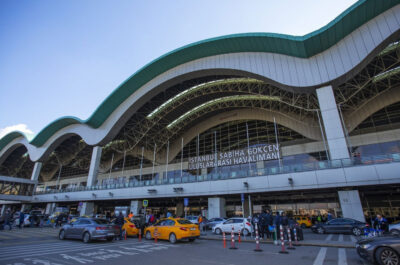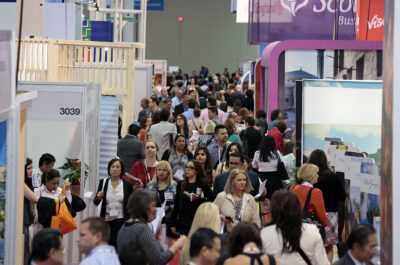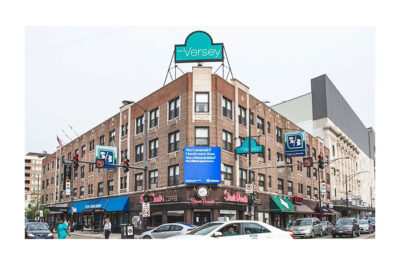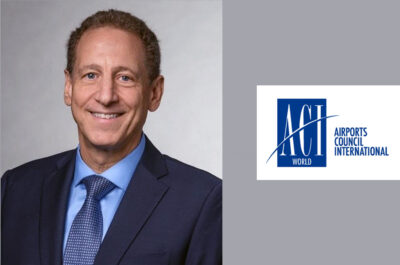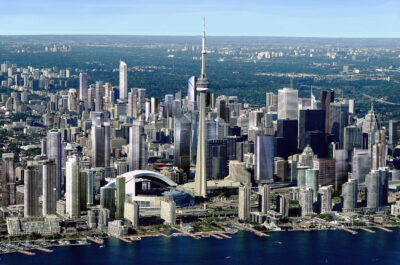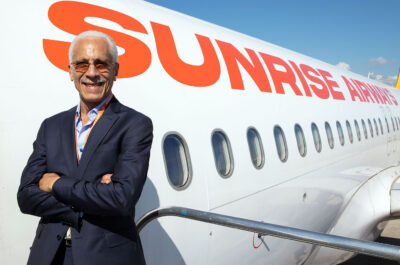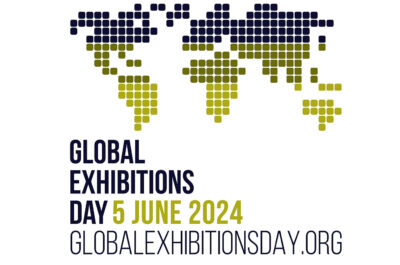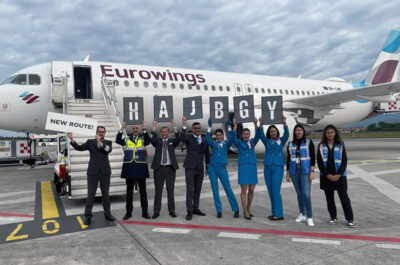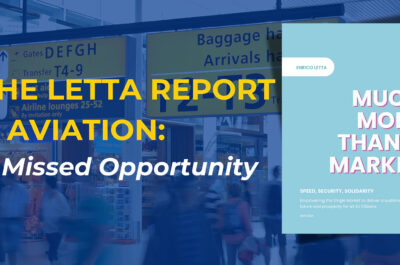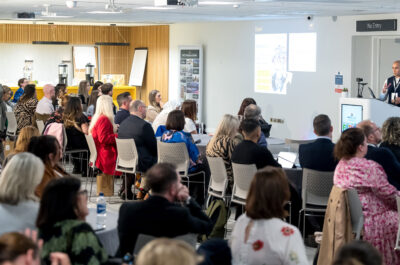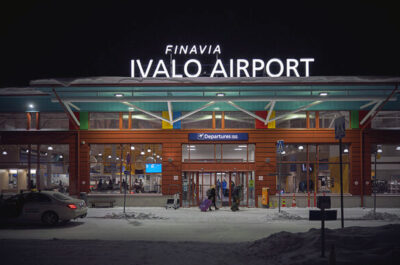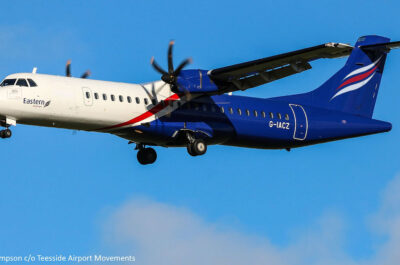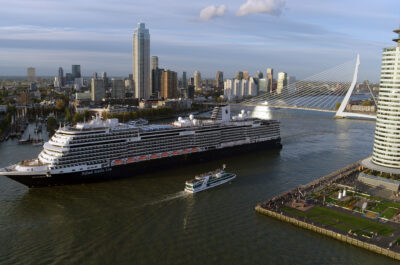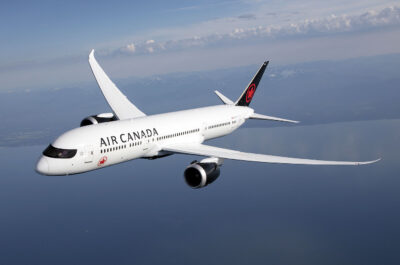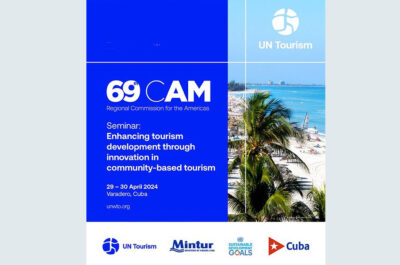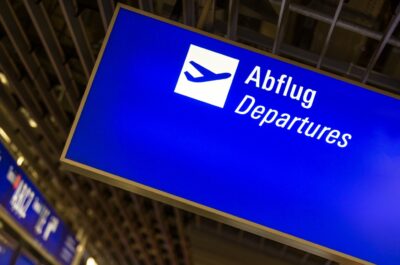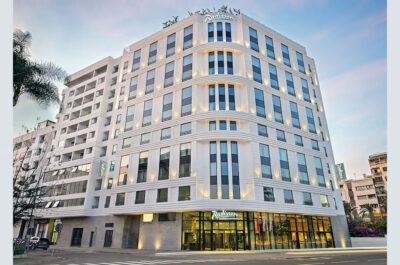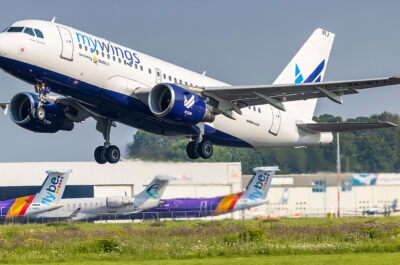The unprecedented events of 11 September have hit the global hotel and travel industry hard, with a raft of depressing announcements on the dramatic curtailment of travel and its impact on the airline and hotel industry in particular. These came on the back of fears that the economic slowdown already being experienced in the US, volatility in global stock markets and troubled high-tech sector would lead to global recession.
Preliminary results for September indicate most European gateway cities experienced double-digit occupancy declines when compared with 2000. When measured in local currency, average rates declined in some cities, but typically lag volume declines, so this is not surprising. The overall impact on revPAR was mixed, with London (-21 percent) and Paris (-20 percent) worst hit. Although our study shows that the major European cities experienced a decline in occupancy in the year to September, remarkably, occupancy for the month ranged from 69 percent (Athens) to 83 percent (Amsterdam).
Analysis of the hotel markets at the leading European airports shows that revPAR performance in September fell dramatically as air travel was curtailed. All the major airport markets saw occupancy decline in September by comparison with September 2000, with Frankfurt seeing the worst drop (18 percent).
Andersen track close to 90,000 rooms in Germany and performance had been showing evidence of decline, although the year to August still reflected positive revPAR growth in local currency (largely on the back of increases in average rate). When compared to September 2000, a 9.1 percent drop in occupancy across Germany, contributed to a 9.5 percent decline in revPAR for the month.
In London, hotels which rely on high-end US travellers have been most exposed to the impact of recent events. Andersen tracks the results of over 34,000 hotel rooms in London; 90 percent of which are in the Central London area. Hotels with an average rate in excess of £110 experienced in excess of a 25 percent fall in revPAR in September compared with September 2000, a reflection of the dramatic decline in volumes following 11 September. Based upon this preliminary data, occupancy might well decline to between 70 percent and 74 percent for the year (against 81 percent in 2000).
The limited exposure of the provincial market to North American visitation is demonstrated in the results for provincial UK hotels (Andersen tracks a sample of 92,000 rooms across the regions, excluding London). Preliminary results for September indicate that although occupancy is down 1.8 percent, a similar increase in average room rate has left revPAR comparable to last year.
As in the 1991-93 period, during which time the industry was badly impacted by the effects of the Gulf War and recession, declines in average rates may well lag the fall in occupancy, and it is likely that we will see a negative movement in revPAR in the UK regions in 2002.
The Middle East was enjoying mixed performance until August, with markets in the Gulf and Egypt ahead of 2000. Of the 25 markets in the Middle East tracked by Andersen, 24 recorded a decline in September for room occupancy compared to last September.
Occupancy performance in the Asia Pacific region was also negatively impacted during September, with preliminary results showing the worst hit markets to be Hong Kong, Sydney and Singapore when compared to the same month last year.
Nick van Marken, partner in Hospitality Consulting Services for EMEIA at Andersen commented, “We anticipate that the pace of decline in Europe should begin to slow in November (barring any unforeseen demand shocks). Because the underlying health of the European hotel industry is generally more robust, hotel companies are in a better position to weather what is hopefully a short-term crisis.”
Theodore is the Co-Founder and Managing Editor of TravelDailyNews Media Network; his responsibilities include business development and planning for TravelDailyNews long-term opportunities.
